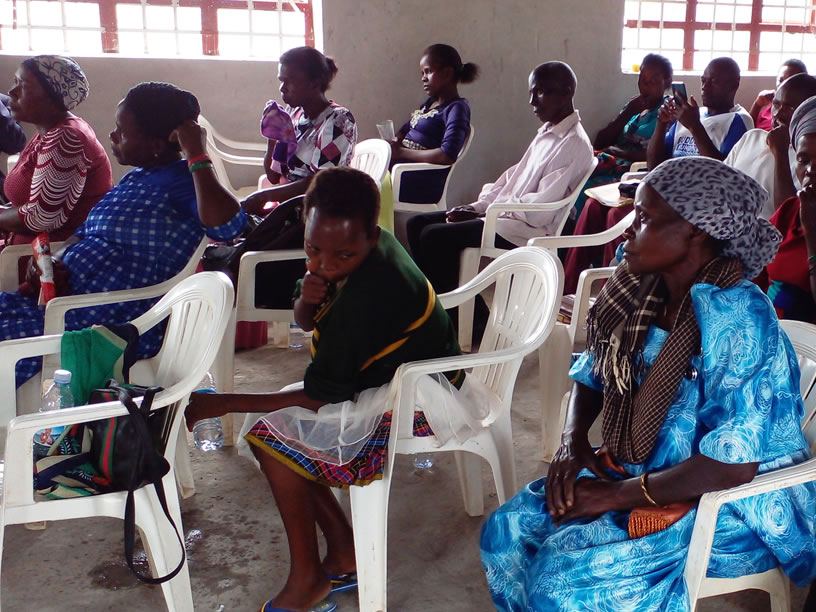The Sickle Cell Association of Uganda recognizes the importance of addressing the unique sexual and reproductive health needs of individuals living with sickle cell disease (SCD). Through its Sexual Reproductive Health and Rights (SRHR) program, the association provides education, counseling, and healthcare resources to empower SCD patients, particularly young adults, to make informed decisions about their reproductive health.

The association collaborates with healthcare providers to ensure that SCD patients receive comprehensive care that includes counseling on family planning, safe pregnancy, and sexual health. Additionally, the program raises awareness about the genetic implications of SCD, offering genetic counseling to help individuals and couples make informed decisions about their reproductive options. By advocating for the sexual and reproductive rights of SCD patients, the Sickle Cell Association of Uganda ensures that they are treated with dignity, respect, and equality, and have access to the services they need to lead healthy lives.
Key Activities:
Impact:
Together, we can work towards a future where every individual living with sickle cell disease receives the care, support, and respect they deserve.
We are a grassroots organization that represents the interests of patients in Uganda. We strive to change the widespread perception in Uganda that people with sickle cell disease are worthless and deserving of stigma and discrimination.